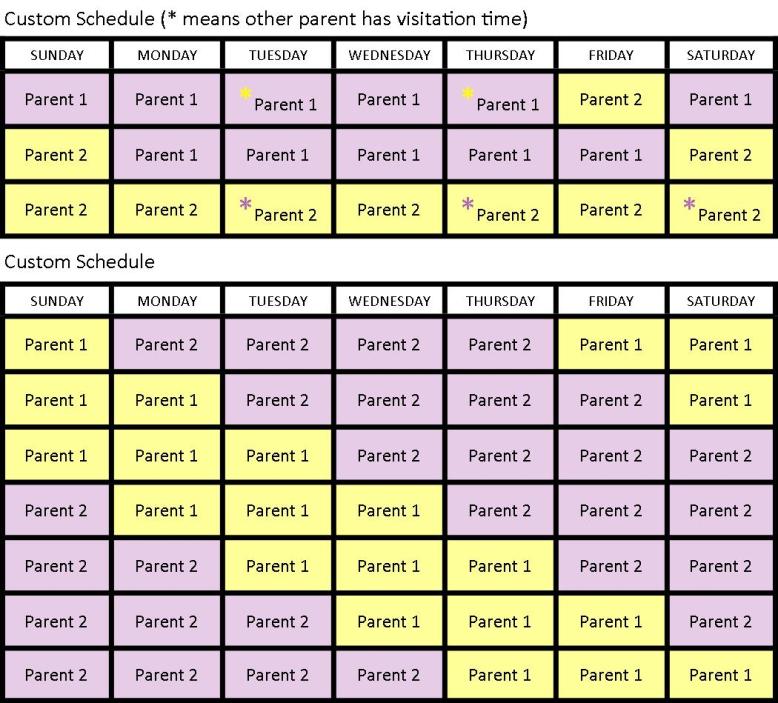Values-Driven Learning: Home Schooling Educational Values

Values-Driven Learning: Home Schooling Educational Values
Home schooling offers a unique opportunity to prioritize educational values, creating a learning environment that goes beyond academic achievement. Let’s delve into how home schooling can be a platform for instilling essential values that contribute to a well-rounded and morally grounded education.
Defining Educational Values: Beyond Academic Knowledge
In the context of home schooling, educational values extend beyond the acquisition of academic knowledge. They encompass a set of principles and beliefs that guide the learning process, emphasizing character development, ethical behavior, and the cultivation of a strong moral compass. Home schooling allows parents to weave these values into the fabric of daily education.
Customization for Character Building: Tailoring Education to Values
One of the key advantages of home schooling is the ability to customize the educational experience. Parents can intentionally design lessons and activities that align with specific values they aim to instill in their children. This customization goes beyond textbooks, focusing on character-building exercises that emphasize virtues such as honesty, responsibility, and empathy.
Incorporating Moral Education: Lessons in Ethics and Integrity
Moral education holds a prominent place in home schooling. Parents can incorporate lessons in ethics and integrity into the curriculum, presenting real-life scenarios that prompt children to think critically about right and wrong. These discussions foster a deep understanding of moral principles and contribute to the development of a strong ethical foundation.
Service Learning and Community Engagement: Putting Values into Action
Home schooling allows for meaningful service learning and community engagement opportunities. Parents can design projects that encourage children to apply their knowledge and skills to benefit others. Through hands-on experiences, students learn the importance of compassion, altruism, and making a positive impact in their communities—an embodiment of educational values in action.
Cultivating a Love for Lifelong Learning: Value of Curiosity and Inquiry
Instilling a love for lifelong learning is a core educational value in home schooling. Parents can cultivate curiosity and a spirit of inquiry by introducing a diverse range of subjects and encouraging children to explore topics beyond the standard curriculum. This value lays the foundation for a mindset that embraces continuous intellectual growth.
Promoting Inclusivity and Diversity: Embracing Differences
Home schooling provides a conducive environment for promoting inclusivity and diversity. Parents can incorporate materials that celebrate various cultures, perspectives, and historical narratives, fostering an appreciation for differences. This educational value instills open-mindedness, tolerance, and a global perspective in home-schooled students.
Encouraging Critical Thinking: Values of Independence and Autonomy
Values such as independence and autonomy are nurtured through the encouragement of critical thinking. Home-schooled students have the freedom to explore ideas, question assumptions, and develop their own perspectives. This educational value empowers them to become independent thinkers who approach challenges with analytical and discerning minds.
Building Strong Family Bonds: The Foundation of Educational Values
Family bonds are foundational to home schooling and play a crucial role in shaping educational values. The close-knit nature of home schooling allows for regular discussions, shared experiences, and the modeling of values by parents. These






